June 25, 2025 | 14:35 GMT +7
June 25, 2025 | 14:35 GMT +7
Hotline: 0913.378.918
June 25, 2025 | 14:35 GMT +7
Hotline: 0913.378.918
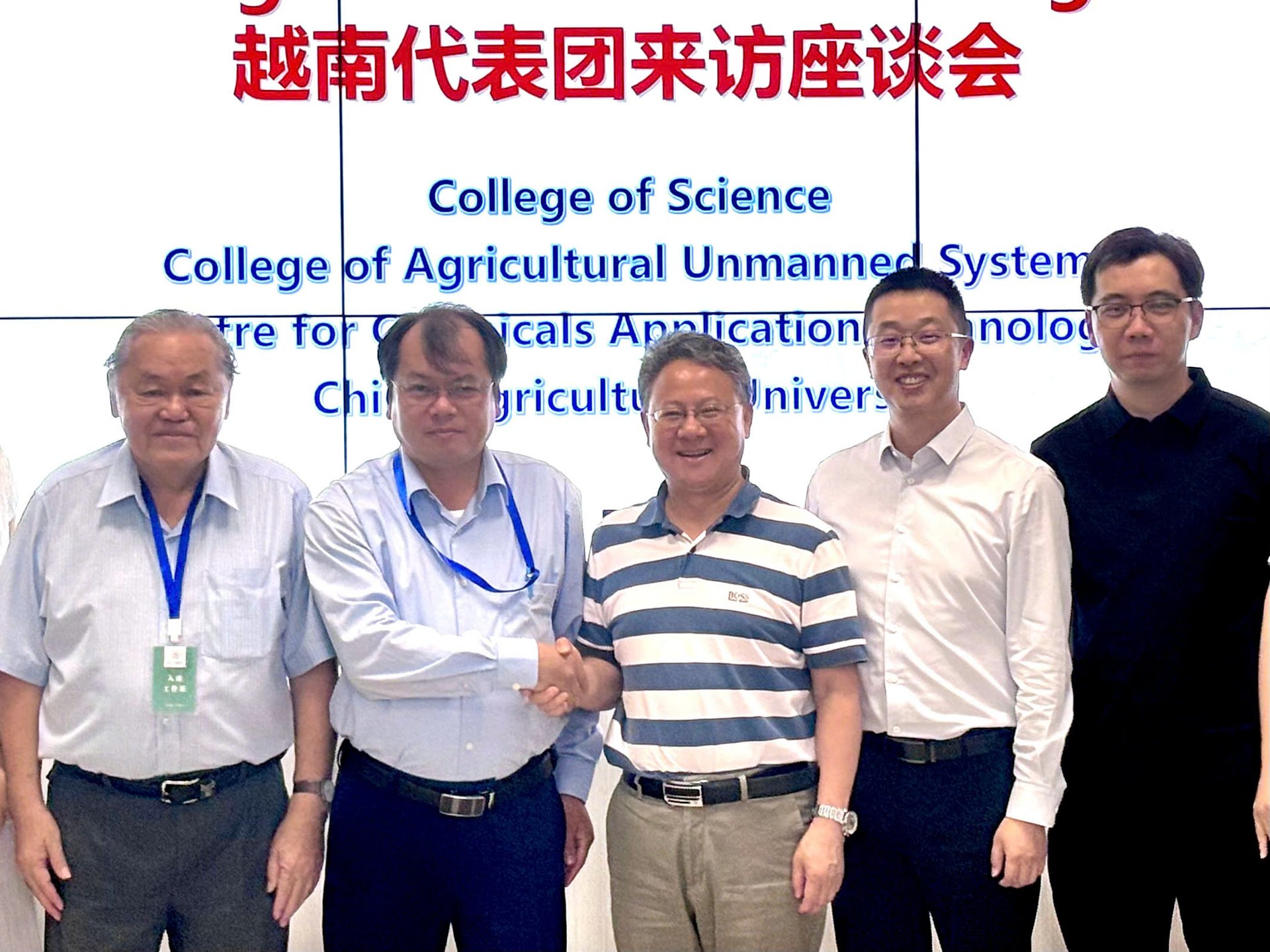
Assoc. Prof. Dr. Nguyen Minh Chau, former Director of the Southern Horticultural Research Institute (far left), and Mr. Ngo Xuan Chinh, Director of the Center for Research & Agricultural Technology Transfer Institute of Agricultural Sciences for South Vietnam (second from left), visit China Agricultural University. Photo: Kieu Chi.
Recently, the Vietnamese agricultural science delegation visited and worked with China Agricultural University (CAU) at the invitation of Professor Xiongkui He, Dean of the College of Agricultural Unmanned Systems.
Following a previous working session in March 2025, this visit aimed to strengthen collaboration in research, training, and the transfer of high-tech agricultural innovations between Vietnam and China, particularly as both countries strive toward developing modern and sustainable agriculture.
During the visit, Dr. Ngo Xuan Chinh, Director of the Center for Research & Agricultural Technology Transfer (Institute of Agricultural Sciences for South Vietnam), expressed his honor to visit CAU’s training facilities and its advanced agricultural machinery and equipment.
Professor Xiongkui He introduced CAU's strengths in fruit cultivation research, livestock farming, the development of greenhouse models for vegetables and fruit trees, as well as scientific experimental gardens for hands-on training and research in the outskirts of Beijing.
Each year, the university conducts numerous interdisciplinary programs and projects across provinces and cities, involving engineers and lecturers from departments such as Chemical Applications Technology and Agricultural Unmanned Systems, who work directly with farmers.
According to Professor He, more and more farmers in China are consolidating land plots for large-scale production, increasing farm sizes from 5% to approximately 20 - 50%. This reflects a rapidly growing model of new-style agricultural cooperation in China.
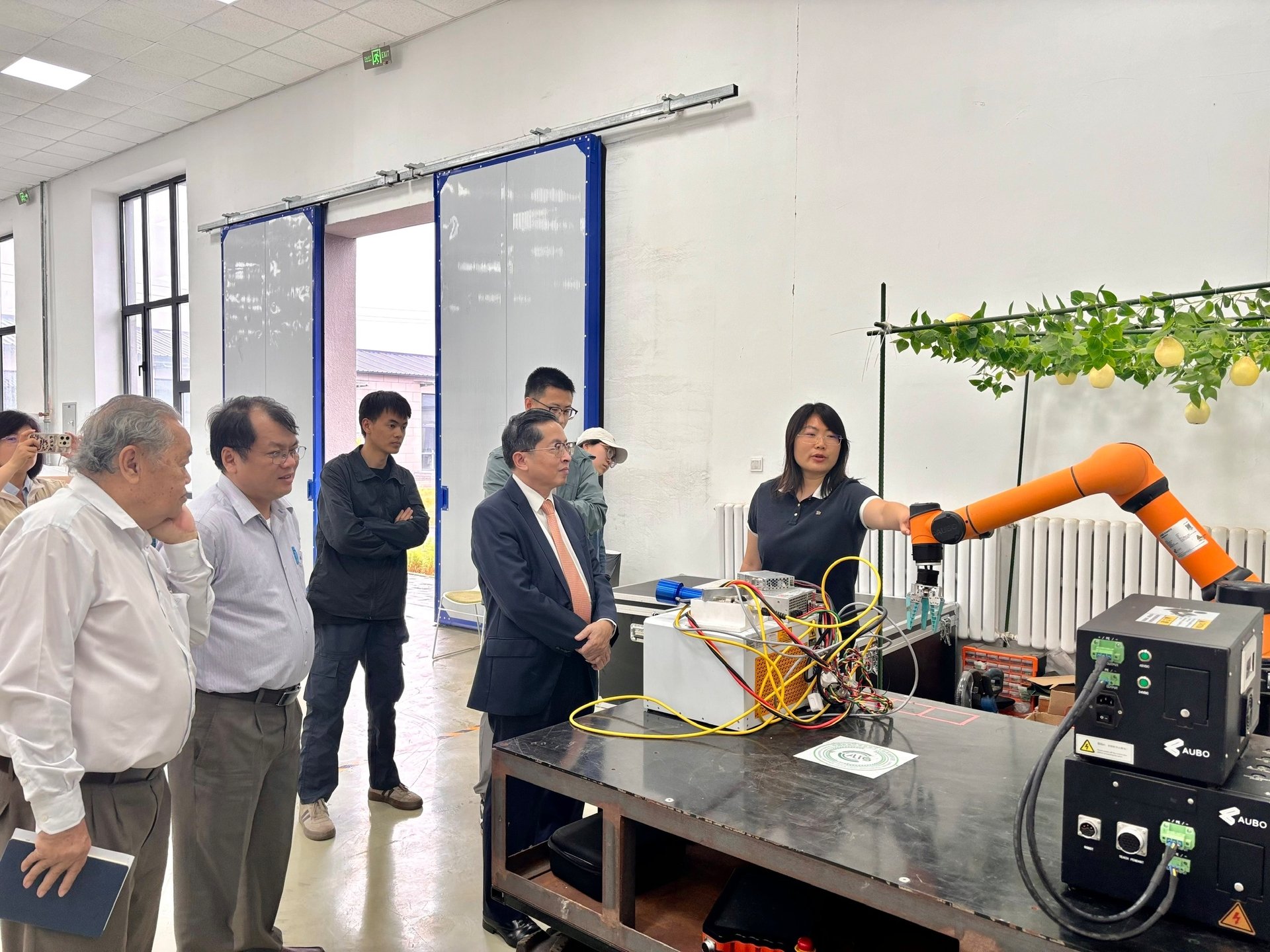
Mr. Tran Kim Chung, Chairman of CT Group, led the delegation in visiting CAU’s automated equipment and machinery. Photo: Kieu Chi.
Some areas are currently being invested in by agricultural service enterprises, primarily providing high-quality, standardized inputs such as fertilizers, pesticides, and state-of-the-art machinery.
“In the context of rural labor shortages, deploying large-scale machinery is a solution to ensure productivity and efficiency. For example, a single machine can cultivate up to 20,000 mu (over 8,000 hectares) in one day,” said Professor He.
On the Vietnamese side, CT Group expressed its interest in becoming a potential partner in Vietnam - China agricultural cooperation. As a pioneering enterprise in fields such as semiconductors, artificial intelligence, unmanned aerial vehicles (UAVs), and renewable energy, CT Group is ready to connect with universities, support students in participating in short-term training programs and UAV-related disciplines, and offer scholarships as well as collaborate on the research and development of high-tech agriculture.
Outlining the cooperation strategy, Mr. Wu Jian, Deputy Director of the Office of International Cooperation at CAU, shared: “We aim to establish a regional cooperation center in Southeast Asia, including Thailand, Indonesia, and Myanmar. Countries will share experiences in applying high technology to agricultural production, exchange students and researchers, and thereby build exemplary regional cooperation models.”
With a vast network of partnerships involving more than 200 universities and research institutes across over 50 countries, CAU aspires to become a center for agricultural science cooperation and innovation in the Southeast Asian region, with Vietnam as a top priority.
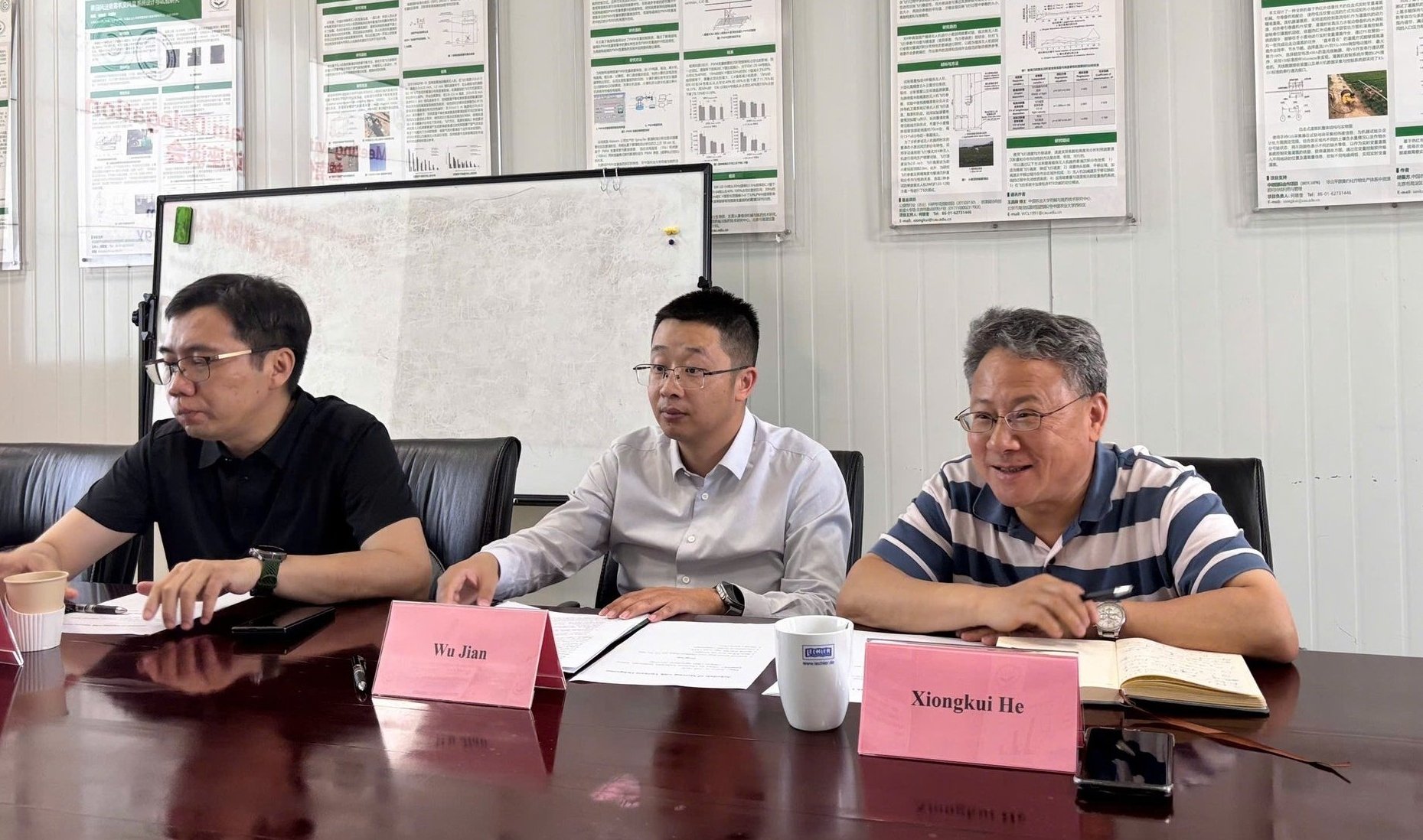
Professor Xiongkui He (far right) expressed his hope that these initial foundations will lead to a deeper and more extensive agricultural cooperation between Vietnam and China. Photo: Kieu Chi.
CAU actively encourages international students and faculty to participate in exchange programs, joint research, and PhD supervision in the fields of smart agriculture and agricultural product processing. Students can apply for scholarships from the China Scholarship Council (CSC) in majors such as agricultural engineering, plant protection, or crop science.
“We look forward to welcoming outstanding students from Vietnam to study in our university’s faculties. We offer short-term courses (2 weeks or 2 months) on agriculture, food systems, and more,” said Mr. Wu Jian.
In response to Mr. Wu Jian’s remarks, Mr. Ngo Xuan Chinh affirmed his willingness to send postgraduate students to participate in short-term and graduate-level training at CAU, and to launch joint research exchange programs for senior scientists from both countries.
According to Mr. Chinh, Vietnam holds strong potential for cooperation in the integrated application of UAV in agricultural production, particularly in key sectors such as rice, fruit trees, vegetables, and flowers. The two sides will jointly research and develop sustainable rice cultivation processes, directly contributing to Vietnam’s project of Sustainable development of one million hectares of high-quality, low-emission rice cultivation associated with green growth in the Mekong Delta by 2030 project linked to green growth by 2030.
At the conclusion of the meeting, both sides agreed to move forward with signing a Memorandum of Understanding between the Institute of Agricultural Sciences for South Vietnam and the College of Science (under CAU). This will serve as a foundation for expanding comprehensive cooperation in areas such as crop science, soil conservation, plant protection, and biotechnology.
China Agricultural University (CAU) ranks first nationwide and is among the top three universities globally in agricultural education. The university has 50,000 students along with an outstanding team of professors, lecturers, and students. Its training objective is to expand networks in education, research, and innovation, while maintaining its leading position in agricultural research and practice.
Translated by Kieu Chi
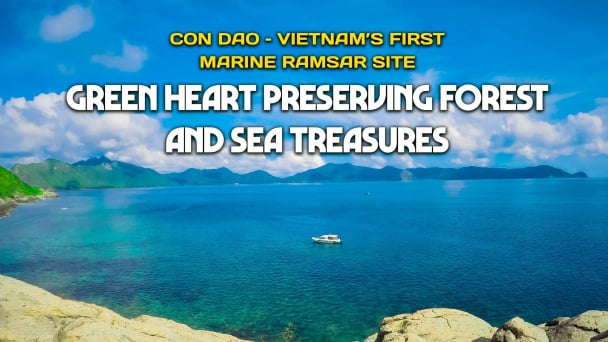
(VAN) Con Dao, the emerald gem in the vast ocean, is undergoing a powerful revival, transforming into one of Vietnam’s leading ‘eco-spiritual paradises.’ In this journey.
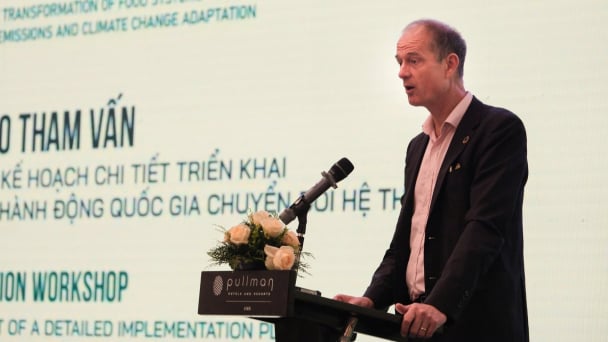
(VAN) UNDP in Vietnam organized a consultative workshop to discuss ways to integrate detailed implementation plans into the national food systems transformation strategy.
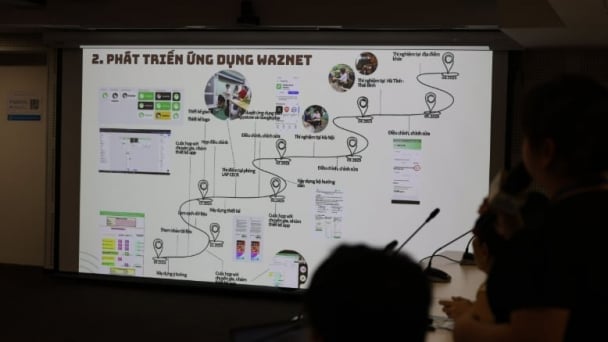
(VAN) Waznet helps digitize waste collection data, recognizing the environmental contributions of informal collectors in reducing greenhouse gas emissions.
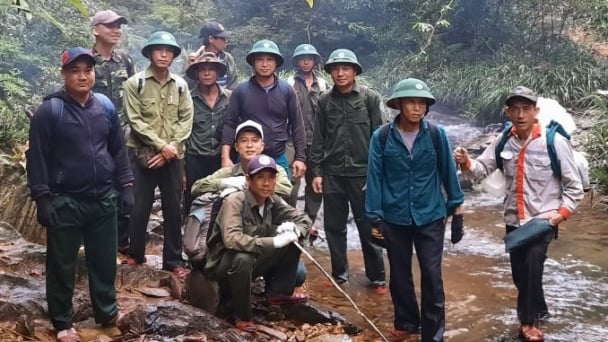
(VAN) All parties have acknowledged the barriers in mobilizing finance for conservation, proposing detailed initiatives. One of the most effective methods is to employ natural-based solutions.

(VAN) Vietnam is the country with the highest diversity of primate species in Southeast Asia, but most of them are seriously threatened, creating an urgent need for conservation efforts.
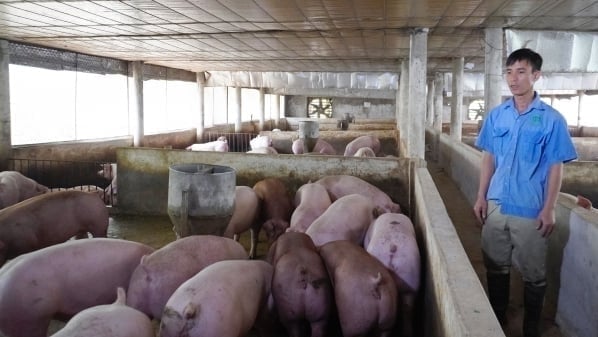
(VAN) Livestock farmers are still hesitant to use the new ASF vaccine products, mostly waiting for responses from large businesses before making a decision.